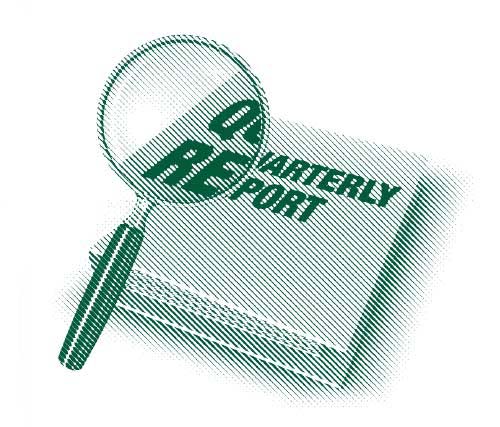Business secrecy and transparency in an age of disclosure
Somehow, the modern business world is both more transparent and more secretive than it’s ever been. Hackers and tweeters ensure constant, Big Brother-esque scrutiny, exposing and then broadcasting the tiniest of flaws to consumers, shareholders and supply-chain partners.
Yet many companies — especially those that are privately held — still endeavor to shield their books, environmental practices, political contributions and nefarious behavior from the public realm.
It’s often only when scandal hits — lead emissions at Bullseye Glass, fake accounts at Wells Fargo — that we discover what really goes on in the boardrooms of some of the state’s most powerful companies.
Below we explore key aspects of the secrecy-transparency dynamic. We examine how transparency is good for business, compile a list of four secretive companies in Oregon and report on two sectors known for closeted practices: cybersecurity and private equity.
We also examine how shrinking media resources impact openness, and the continuing impact of a Trump Administration. How the 45th president will affect corporate transparency remains unclear, although his unwillingness to divest from his own business empire, interest in rolling back financial disclosure rules and distrust of major media suggest a move away from openness in both the public and private realm.
Check out the stories below:
Transparency: It’s good for business
Four secretive companies in Oregon











